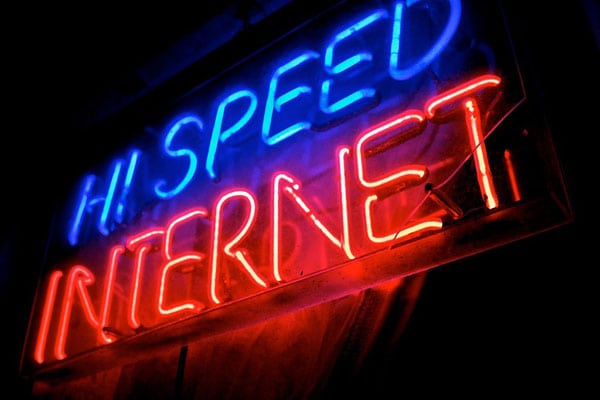
August 23, 2018; EdScoop.com
Debate is raging over the conclusions of a new report by the nonprofit Institute for Local Self-Reliance (ILSR) that accuses the FCC of using a method for assessing broadband wireless penetration that protects regional monopolies and duopolies at the expense of consumers.
For example, for the Rochester, Minnesota metropolitan area, the FCC claims there are 19 providers, which should be able to serve everyone. However, ILSR found that about 19,000 Rochester residents only have access to broadband services through one company, and about 42,000 people don’t have access to any provider.
One example of how this can be so is found in Cleveland. AT&T attracted criticism last year for allegedly refusing to upgrade low-income neighborhoods. The National Digital Inclusion Alliance and a local group called Connect Your Community released a report claiming AT&T was engaging in “digital redlining,” defined as intentionally upgrading only higher-income customers. The report stated that while AT&T provided speeds of between 18 megabits and one Gigabit per second (Mb/s) to the city’s suburbs, poorer neighborhoods in central Cleveland received speeds as low as 768 kb/s—slower by many orders of magnitude.
This difference in interpretation of the data and call for solutions is not surprising. One analysis found that broadband progress reports issued during Democratic administrations are more likely to find the service is not being deployed in a timely or just fashion, while those released during Republican administrations tend to find the opposite. Another example of the different spin put on the issue by center-right and more conservative pundits is a recent statement by Will Rinehart, director of technology and innovation policy for the American Action Forum, that the real issue is broadband adoption, not access. Use of broadband services influences economic trends four times more than availability, he insists.
This is splitting hairs, however. Rinehart’s claim actually supports the importance of making broadband not just available but also affordable. As a 2017 white paper from NeighborWorks America points out:
There is a distinct digital divide between higher-income households and those who are low-income, older, disabled, black, [Latinx], Native American, or living in rural communities. This is important because employment, banking and educational opportunities, among other enablers, often require computer and broadband access. Limited access to the internet can result in further economic, social and political exclusion for historically underserved populations.
Sign up for our free newsletters
Subscribe to NPQ's newsletters to have our top stories delivered directly to your inbox.
By signing up, you agree to our privacy policy and terms of use, and to receive messages from NPQ and our partners.
For instance, the NeighborWorks paper cites data showing that 60–70 percent of jobs are posted online–and that rises to more than 80 percent for positions requiring bachelor’s degrees or better. Likewise, nearly eight in 10 middle-skill jobs in today’s workforce require digital skills.
“Digitally intensive middle-skills jobs have grown more than twice as fast as other such positions in the past decade, and pay wages are, on average, 18 percent higher than those without a digital component,” it concludes.
Many towns and cities are considering building their own broadband networks, but due to lobbying by internet service providers, more than 20 states have passed laws that preemptively ban such efforts.
Still another challenge faced by any new broadband provider is access to towers, usually owned by large telecommunications companies like Verizon and AT&T, local utility companies or both. Even if the owners allow access, they can block or slow a new network by delaying or complicating work on the poles.
To overcome all of these obstacles, a multi-pronged strategy is needed—regulatory and legislative reform, public-private partnerships in communities where ROI is low, and support for efforts to accurately map where broadband is available and how much it costs.
“Only then can you actually craft useful policies that truly drive broadband competition and improve coverage, instead of paying empty lip service to the concept, says Karl Bode of TechDirt. “As the era of [FCC chair] Ajit Pai once again illustrates, these are lessons Americans aggressively refuse to learn.”—Pam Bailey













